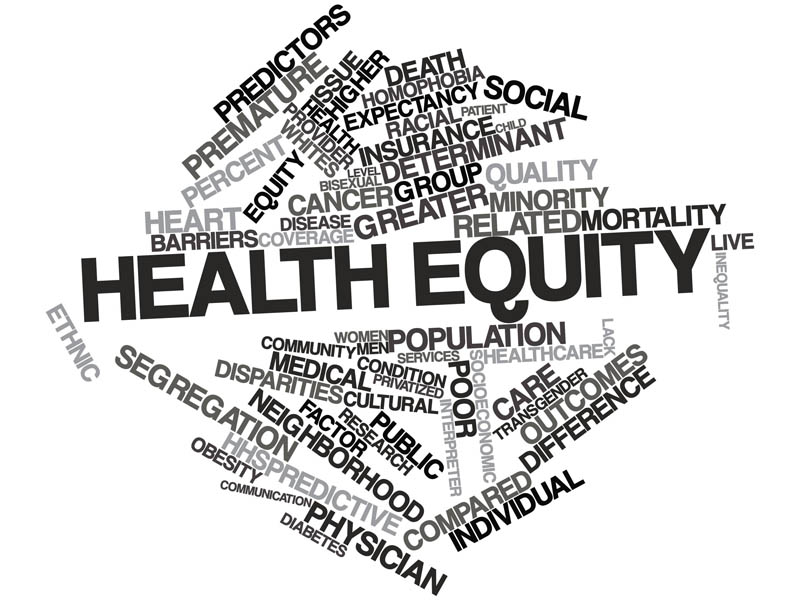NCCL Delegates Take on Racism, Equity Issues
May 6, 2021, 2:39 p.m. News Staff — Chapter delegates who participated in the AAFP’s virtual National Conference of Constituency Leaders adopted resolutions and substitute resolutions May 1 that urged the Academy to address racism and equity issues in health care and medical education.

First, delegates adopted a resolution that urged the Academy to advocate for transitioning the Medical College Admission Test to a pass/fail system to allow for “more equitable appraisal of an applicant’s preparedness for medical school.”
The Reference Committee on Education heard from several members — all testifying in favor of the resolution — on April 30 who noted that MCAT scores do not necessarily correlate to medical school performance and that the test, as currently scored, creates a disadvantage for minority applicants.
Studies have shown that minority patients benefit from having minority physicians, but it’s an unlikely match for many Americans. Black people account for 14% of the U.S. population but represent only 4% of the physician workforce. Similar disparities exist for Hispanics (17% percent of the population and 4% of the workforce) and Native Americans (2% and less than 1%, respectively).
Delegates also adopted a substitute resolution calling on the Academy to send a letter to the ABFM requesting that it develop a racial equity Knowledge Self-Assessment activity and include questions that address racial equity in health care for each of their existing self-assessment modules.
Additionally, delegates adopted a substitute resolution that called for the AAFP to urge the Accreditation Council for Graduate Medical Education to require education for faculty and residents on the effects of implicit bias, microaggressions and systemic racism in health care. The Academy already has resources related to implicit bias training in The EveryONE Project, but the resolution called on the Academy to provide additional tools for family medicine residents and physicians related to these issues.
The reference committee heard testimony in favor of the resolution, including members who described personal experiences in which training in deescalation would have been valuable in resolving conflicts with other physicians, colleagues, patients and faculty. The reference committee noted in its report that “expanded ACGME education requirements would better equip physicians with tools to develop a more just, fair workplace.”
An ACGME writing group is in the process of drafting revised family medicine residency program requirements, and delegates adopted resolutions that align with existing AAFP policies that could help address specific items and language in that process.
For example, one adopted resolution was amended to include language that called on the Academy to urge ACGME’s family medicine review committee to support an option for residencies with telemedicine capabilities to include telehealth visits in meeting the minimum number of outpatient encounters required for graduation in future academic years.
That resolution also called on the Academy to work with ACGME and its review committee to correct an unintended consequence for residents who were unable to meet the required number of in-person patient encounters during the COVID-19 pandemic and to count telehealth visits in their totals.
Delegates adopted a substitute resolution that urged the Academy to “work with stakeholders involved in the current effort to reenvision family medicine residency training” to reduce barriers to residency training for otherwise qualified individuals with disabilities.
Delegates also adopted resolutions and substitute resolutions that
- urged the Academy to revisit its existing policy on family leave for residents and to support a minimum of 12 weeks paid leave for family medicine residents parenting a newborn or newly adopted child as well as the optional extension of leave as unpaid time off;
- called on the Academy to create more leadership opportunities and programming for women;
- called for the creation of a mentoring “pathway” for international medical graduates preparing to participate in the National Resident Matching Program and educational programming regarding the U.S. health care system that would be beneficial for IMGs and others; and
- called on the Academy to continue to provide virtual education and events beyond the pandemic and to increase and enhance live online CME activities.